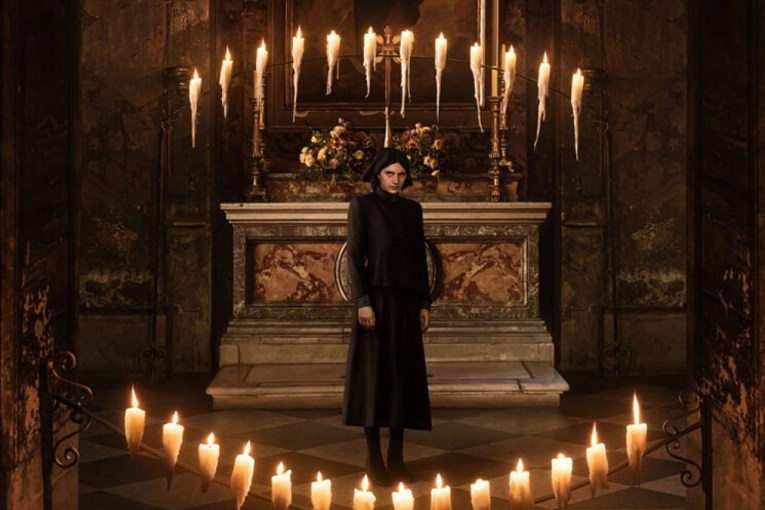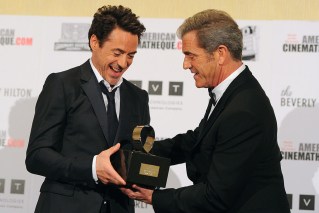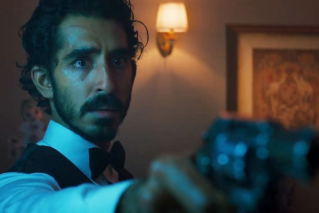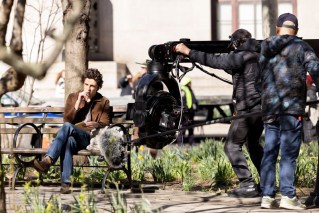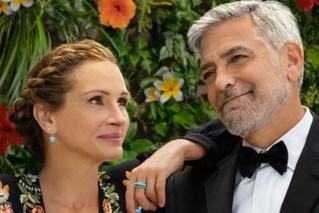Green Book: Why the outrage is not justified
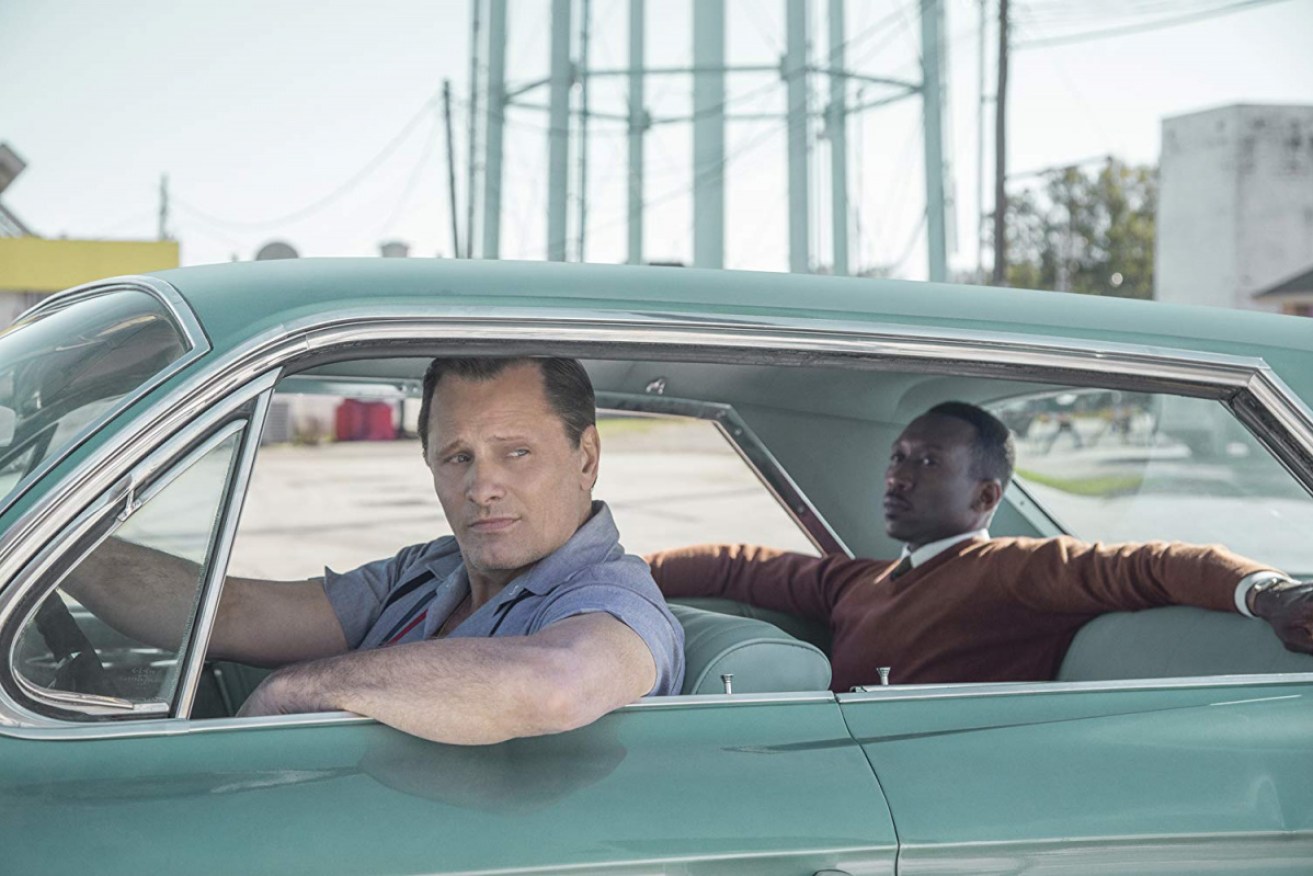
Green Book has endured a fireball of criticism since it was named Best Picture. Photo: IMDB
Screenwriter William Goldman once wrote on Hollywood: “Nobody knows anything … Not one person in the entire motion picture field knows for a certainty what’s going to work.”
He might have had the 91st Academy Awards in mind.
There were two major upsets: the first, was Olivia Colman winning Best Actress over seven-time nominee, Glenn Close.
The goodwill that flowed freely from Colman’s shocked, self-deprecating acceptance speech evaporated instantly when Julia Roberts announced Green Book as Best Picture.
https://twitter.com/MomentsAU/status/1099905337371484161
Without doubt, Green Book carries baggage. The director, Peter Farrelly of gross-out comedy fame, reportedly often grossed out his crew by flashing his junk on the set.
Star Viggo Mortensen didn’t help the film’s cachet when he dropped a racial slur during a Q&A session – he was seeking to demonstrate the demeaning power of such terms, but why go there?
Finally, the family of the film’s subject, piano virtuoso Don Shirley, disavowed the film saying it misrepresents his relationship with driver Tony Vallelonga (while other sources seem to confirm the version as written by Tony’s son, Nick Vallelonga).
In short, Green Book was so compromised that a US political pundit quipped recently that it had as much chance of winning as Bernie Sanders did of winning the Democratic nomination.
Bernie better start measuring the Oval Office curtains.
Green Book took the statuette, and the audience gasped.
Spike Lee, whose incendiary Do the Right Thing lost to Driving Miss Daisy in 1989, had predicted on the red carpet: “If things don’t work out a certain way, black Twitter’s going to be on fire.”
Afterwards Lee grumbled: “Every time someone’s driving somebody, I lose.”
Spike Lee has the perfect response to #GreenBook winning. 😭 pic.twitter.com/LvLYJnGrmZ
— Complex (@Complex) February 25, 2019
Twitter is on fire. But is the fireball of criticism engulfing 2018’s Best Picture fair? The coward’s answer is yes and no, so that’s the one I’ll take.
In my view, Green Book is not the best picture of 2018. I don’t think the critics’ darling, Roma, is either. My favourite was The Favourite, which benefitted from three, perfect central performances and a razor-sharp script.
But Green Book is a good film. It’s an odd-couple, buddy dramedy that tackles racial issues through the growing social awakening of its white protagonist.

Viggo Mortensen as Tony Vallelonga and Mahershala Ali as Dr Don Shirley. Photo: IMDB
It also broadcasts major plot developments so shamelessly, by the end you could be forgiven for thinking it was a seasonal goodwill Christmas fable.
In some respects, the anger towards Green Book is less about its status as a ‘white saviour’ film (packaging African-American suffering neatly so audience members can feel good about themselves), but at how it proves once more that criteria determining the Best Picture Oscar attach insufficient weight to whether a film is actually the best picture.
Driving Miss Daisy aside, examples abound of similar film heists: Shakespeare in Love and Crash edging out Saving Private Ryan and Brokeback Mountain respectively being two of the most notorious.
Green Book seems to have benefitted from Oscar’s convoluted instant run-off voting, in which Academy members cast their votes numerically against each nominated film. The lowest-scoring film is eliminated, and those who voted for it have their votes counted instead for their next preference. This system, many claim, encourages candidates to focus on eliminating the films they hate ahead of elevating those they love.
So Green Book is a consensus winner, not a daring one.
In some respects, it calls to mind the 1968 Best Picture winner, Norman Jewison’s In the Heat of the Night. In it, a redneck sheriff and a black detective join forces to solve a murder in a godawful town in Mississippi, growing to respect each other in the process.
Jewison’s film came at a time when national political action was desperately needed to galvanise support for black activists who were at the sharp end of political change.
The fact that Green Book, which preaches change through fellowship, prevailed over BlacKkKlansman which demands change through risking everything against race hatred, perhaps doesn’t demonstrate America has gone nowhere on race in the last half century.
But nor does it make a case that it is travelling in the right direction – in a Cadillac DeVille or otherwise.
Dr Paul Salmond has lectured and published on popular film
